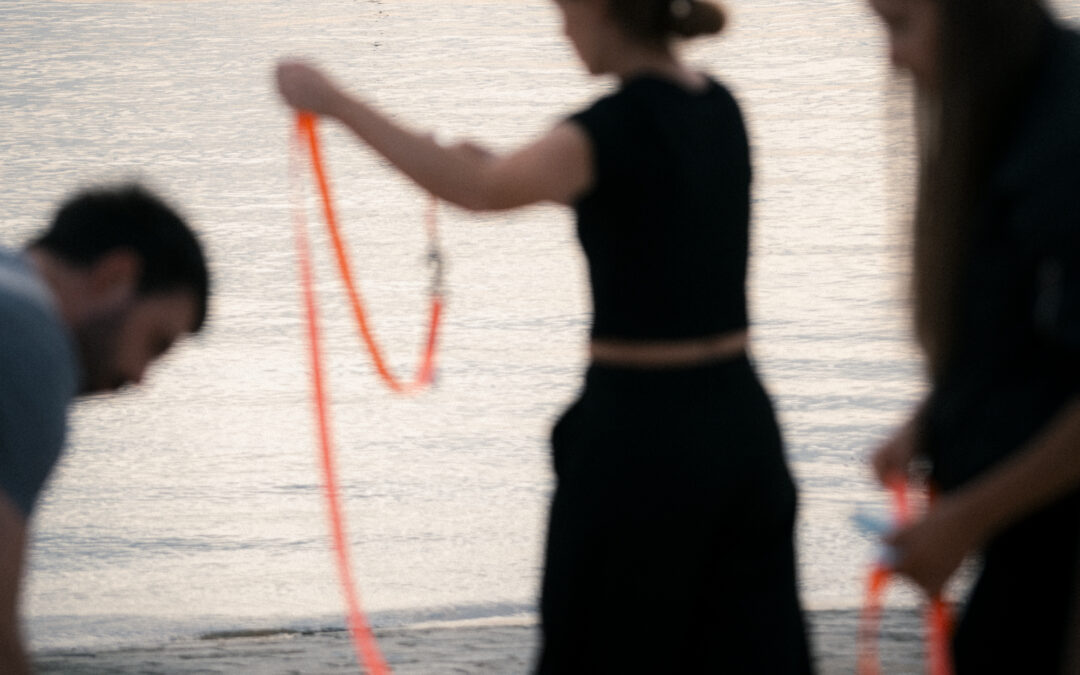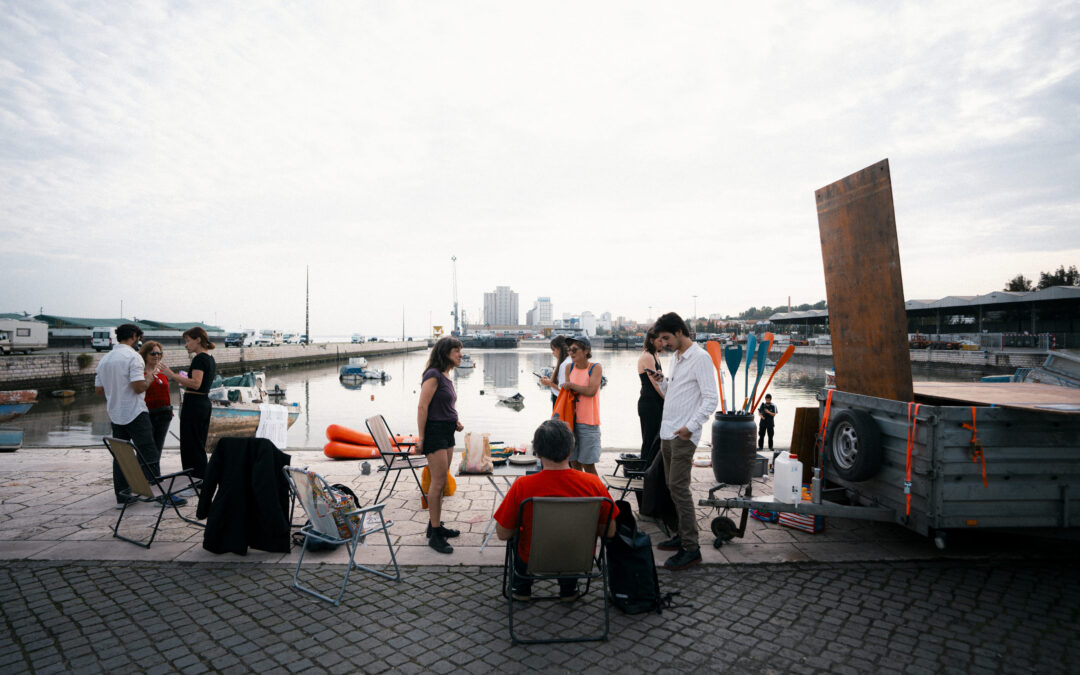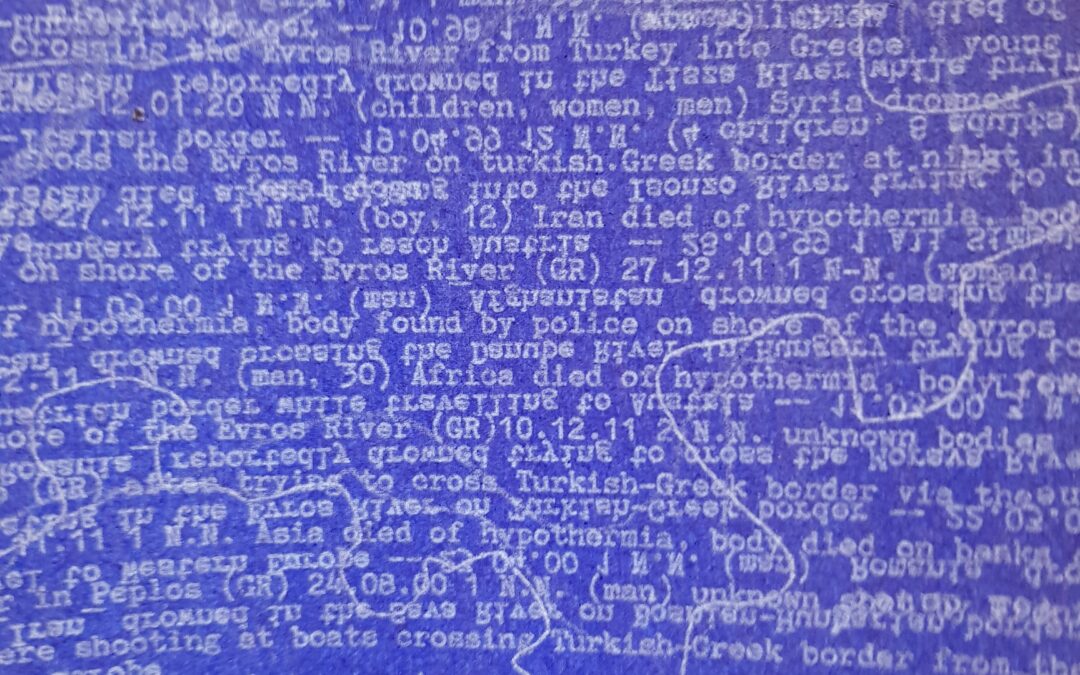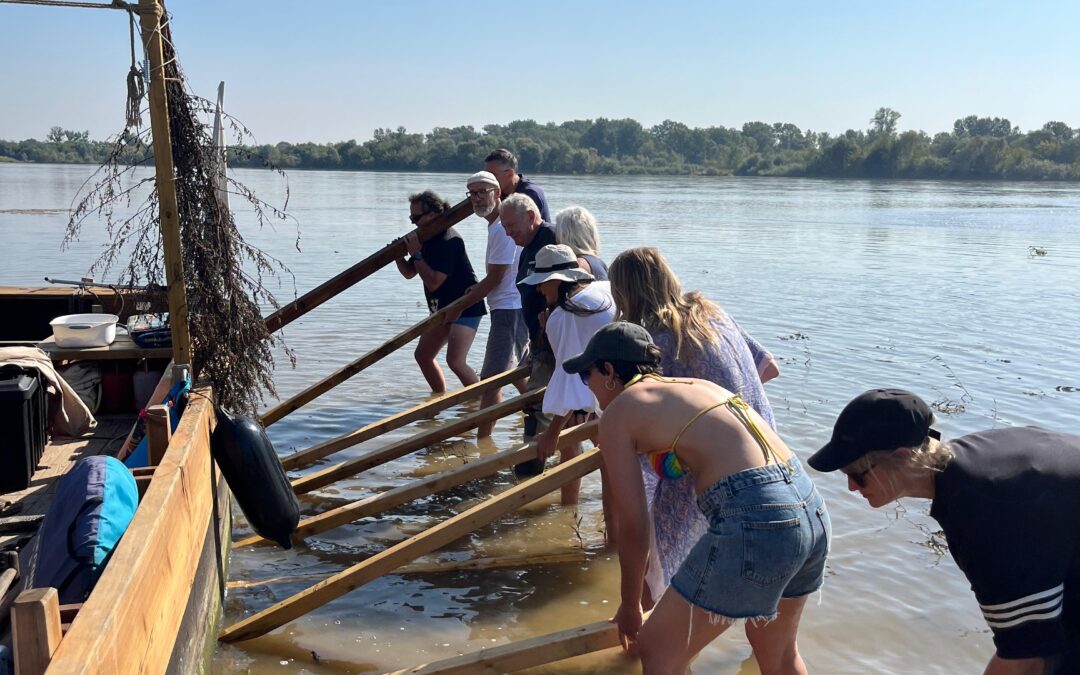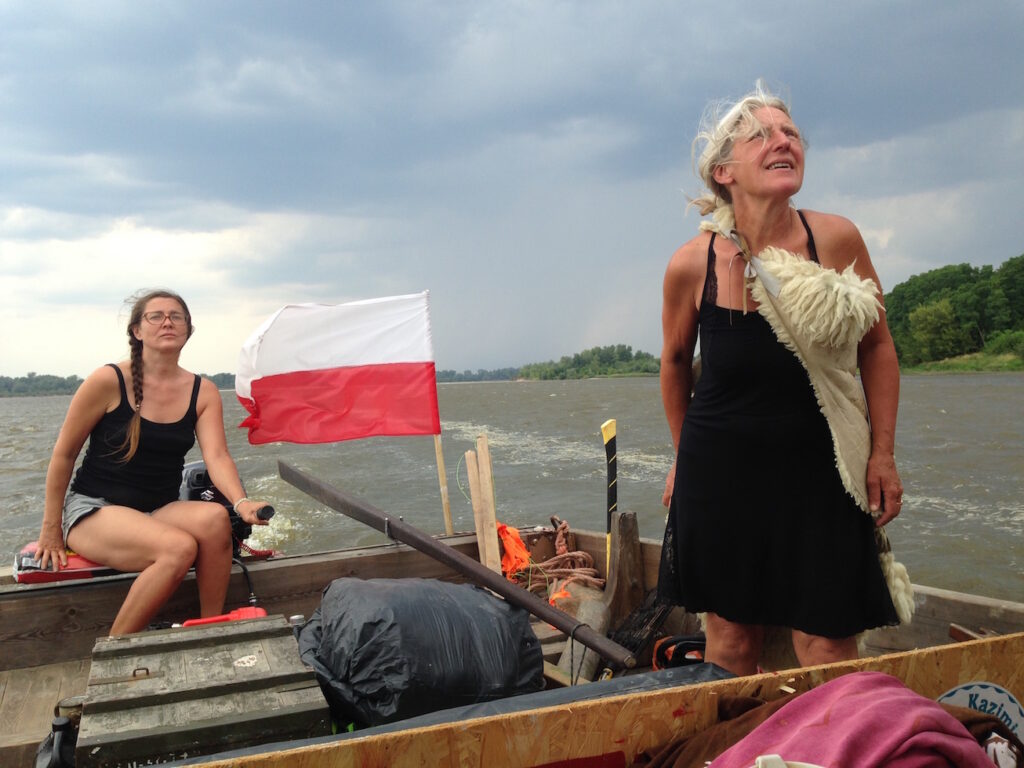
Photo: Kuba Falk
“A river is a river is a river…”
Since 2015, the Polish artist collective FLOW has been sailing the Vistula. The European Pavilion 2024 – Liquid Becomings curators, multimedia artists Agnieszka Brzezanska and Ewa Ciepielewska are among the pioneers of this collective. They have been ‘coming to the river’ for years, initially with little interest from other artists, but increasingly finding themselves in a new ‘mainstream’.
Flow partakes in the cultural resurgence in Poland of ‘being on the rivers’, linking to time old traditions of traveling over water. “Being on the river is revitalising. It regains the appreciation for the river and spending time on it… Being on the water is a way to become familiar with places in Poland that one would otherwise never have known.”
Grassroots movements engage, originating in people, historians, or in public tour services, for shorter or longer trips on the water. The river revival has helped to recreate new jobs, and restore jobs that had previously disappeared. It also has had strong educational dimensions.
Being asked to configure the Vistula journey for Liquid Becomings in 2024 was quite an adventure for Flow. Their prior experiences really helped shape the larger story. “The consciousness that we were now part of coming together with crews on different rivers…. That was really beautiful …To see that so many people are starting to think this way and take to the rivers.”
We spoke with Ewa and Agnieszka shortly after their return from their Liquid Becomings journey, a trip this time interrupted by days of exceptionally heavy rains and flooding. What makes these Vistula journeys so special? And what were the most important water stories they liked to recount this time? Five observations stood out, all circling around notions of immersion and rewilding as vital necessities for our collective futures.
- Resetting the basic relationship: accommodating, not extractive. “We feel very strongly about how on the river, the river carries you. For you are not in a stable ground. For many people, this is a new feeling. Some people are very anxious about that. But we are not there to change the river, but to accommodate to it. This basic awareness is important for us. It informs our language. Humans usually tend to capitalise things, including the river. We are against such extractivist perception and language. We have always appreciated that the Vistula river was left in a large part as it was before.”
- Immersion in nature as basic human need, reforming our sense of human agency. “Going back to our ancestors, we find people much more immersed in nature than now. We need to regain that consciousness. It’s a physiological need. We have grown too separated from nature. It closes our hearts, it makes us feel separated, even from ourselves. Religious upbringing and false ideas of civilisations do not help, notably when ‘others’ (such as old nomads or indigenous populations) are considered uncivilised. The separation from nature brings suffering in the world. And loneliness. When we see ‘wilderness’ in its own right, it challenges our basic assumptions of ‘human agency’. In our journeys, we experience anew that it is possible to connect with nature. That that sense stays with you, in whatever comes next.”
- The challenge to deal with the unexpected. “During the Liquid Becomings trip, we experienced the rise on the Vistula due to the flooding in another river. We therefore had to stay longer in one place. And had to deal with heavier currents, and the debris that came out of the flooding. What was tricky was not so much the rise of the waters, but their fall. We almost got stuck, and needed a rescue team to be able to move back to the river. The sense of coming together was actually great: we found ourselves in emergency mode, with the need to act fast and really together. It could have been a drama. But in the end nothing serious really happened. Being outside our comfort zones, however, was telling. If we don’t experience such challenges, we can only fantasize about them. By being in the thick of things, real changes come about.”
- Rewilding: a dialogue between worlds. “Very often when we come back from the river, the words of our city-lives seem crazy. They do not make sense. It is a sort of hallucination. This contrast is very tangible. Reconnecting with what we call ‘nature’ is a human need. We need to get out of the urban trance states that are aggravating the lives of all of us, and reconnect with what is alive and free, with the beauty of life in all its fullness. That happens in forests, sea, parks, actually in any place where we can walk, spend real time, look around us consciously. Life is everywhere. In places sometimes that are left alone. Warsaw became an oasis for wildlife, surrounded by agriculture which is damaging the natural world so deeply. Rewilding can happen in the incredible immersion in a broader natural surroundings, beyond mere human togetherness. Sensing it changes you forever. Everybody from the crew came back much healthier. “
- Slowing down…”This was everybody’s call…”
Text created from the conversation between Liquid Becomings Polish Vistula Curators, Agnieszka Brzezanska and Ewa Ciepielewska, with Godelive van Heteren, Agora’s board member, and Ana Paula Teixeira, part of Agora’s team.
*This text is part of ‘Notes from the river’, a series of reflections from people that are taking part in, are connected to or are very sympathetic to the European Pavilion 2024: Liquid Becomings and the discussions being posed by the project. Each text expresses the personal ideas and positioning of the authors.
